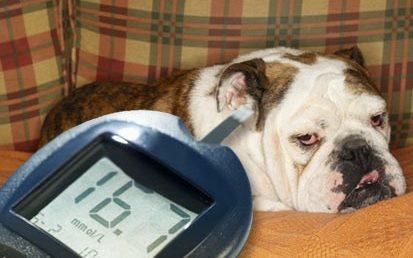Canine parvovirus (CPV) is a highly contagious disease that affects various dog populations. Puppies most often contract parvovirus by coming in contact with fecal waste from an infected dog.
Parvovirus can spread in any age group, but unvaccinated young puppies are among the most at-risk groups. Shelter puppies also have a higher chance of contracting parvovirus due to their proximity to other dogs.
CPV attacks a dog’s gastrointestinal tract, which leads to a wide range of gastrointestinal issues, such as severe vomiting, diarrhea, and unwillingness to eat. Canine parvovirus is tricky to eradicate and can live outside of a host for long periods, making it particularly dangerous.
For those that want to protect their dogs from parvovirus by learning how to prevent and treat it, we’ve compiled everything you need to know.
What Are the Symptoms of Parvo in Dogs?
Dog owners need to learn the symptoms of CPV. Once clinical signs of a parvovirus infection manifest, the next step is speedy testing and immediate treatment.
The most common symptoms of parvovirus in infected dogs include:
- Loss of appetite
- Lethargy
- A significant change in body temperature
- Severe diarrhea and vomiting, often leading to dehydration
- Pain and bloating in the abdominal area
Owners who have noticed any of these changes in their puppies should immediately contact their vet and inform them of these symptoms. Fast and effective treatment will increase a dog’s chances of a full recovery.
How Is Parvo in Dogs Diagnosed?
Parvovirus infection is most easily identifiable by the clinical signs. From there, a veterinarian can confirm the diagnosis through testing.
The three primary tests used in diagnosing parvovirus are:
- PCR
- ELISA
- CBC
PCR (Polymerase Chain Reaction) is effective when clinical signs of parvovirus are present. However, a vet cannot conduct this type of test in a shelter environment.
ELISA is an antigen test that is easy and quick to perform. It usually takes 10 to 15 minutes. This test involves a fecal swab and is prevalent in shelter environments.
Lastly, there is the CBC (Complete Blood Count). The vet can send this test to a lab or perform it in-house, depending on available resources. A CBC test determines if a dog has a low white blood cell count. It may also require a bone marrow biopsy. When used alone, CBC tests do not offer a definitive diagnosis. Instead, it supports other tests. CBCs also give professionals more insight into the infected dog’s health.





